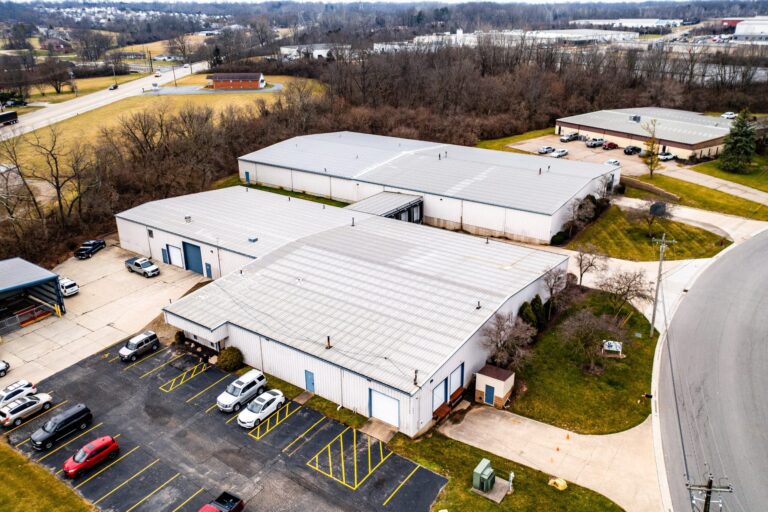Hiring Temporary Staff For Clinical Trials
“Clinical trials” is a broad term that encompasses many different areas that researchers study. These trials might involve behavioural, medical, or even surgical interventions on individuals. They often take place to determine the effectiveness and safety of a new medicine or procedure.
Regardless of the type of trial, it is an essential way of identifying enhancements to current treatments. It can check if side effects are within reasonably acceptable limits, advance medical knowledge, improve care for future patients, and much more.
Why getting it right matters
Choosing the right staff for a clinical trial can be challenging, as a diverse range of specialised positions may need to be filled. These positions will also vary from one trial to another, making staff transfers complex. You may need investigators, biostatisticians, researchers, and regulatory affairs experts.
However, before you can even start recruiting the individuals you might need, it is important to look at your trial through a wide lens. That way, you can understand the broad factors affecting your staffing requirements.
Let’s take a look at some of the things that you should consider.
Size and complexity of the trial
The goal of any clinical trial is to obtain a large enough sample of reliable data and results. This means you need adequate participants to extrapolate your findings to the wider population. For multicentre or more complex trials you will need more staff members.
Location of the trial
The trials can take place in a range of places, including clinics, hospitals, and private sites. These sites need to have the capacity to conduct the research and, in particular, space for the number of staff needed. They should also have space for the studies, drugs, documents, devices, and equipment, not to mention the patient pool.
Timeline and duration of trial
The timeline and duration of the trial will depend on the type of trial you are undertaking and the phase. These can be anything from months to years. It is important to correctly estimate the number of sites required, the timelines, and the duration to complete the trial, collect sufficient data, and ensure the clinical trial’s success.
Budget for the clinical trial
Clinical trials can run to millions of pounds and funding is only granted for those trials whose budget proposal is reasonable. Funding is normally granted based on the number of participants and procedures, study type and size, location, and duration. It is therefore essential to consider the number of temporary staff you might need when putting together a budget proposal. Those who are highly skilled in their field but essential to your study will add to the budget that you need.
Expertise and qualifications required
All of the staff you hire must have the required qualifications for each specific role. Principal investigators, physicians and medical monitors, for example, should all be licensed medical doctors. Any research nurses you need should also be licensed. Other staff should have science degrees or advanced health or medical degrees. Any senior staff you need should have clinical experience.
Conclusion
Once you have considered all of these factors, you should be able to implement your hiring strategy. You will know what staff you need and what budget you have to work with to obtain them.



